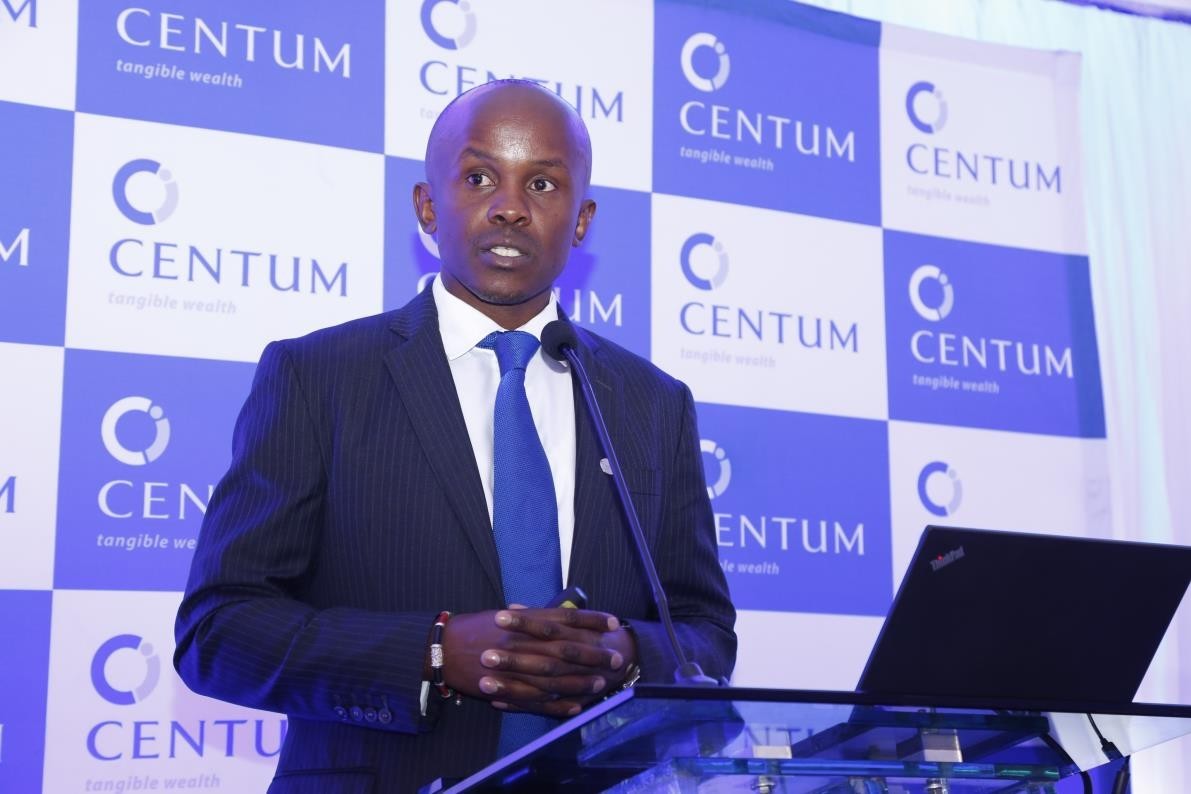Centum Investment Company Plc, commonly known as Centum is a public East African investment company. It operates as an affiliate of the Kenyan government-owned Industrial and Commercial Development Corporation.
Real estate is an asset type that is commonly included in a well-diversified portfolio due to its strong and positive investing characteristics. To begin with, unlike other asset types such as bonds and shares, real estate is a tangible and nonperishable asset that gives a high degree of physical control over the investment.
Second, real estate as an asset class delivers consistent and nearly predictable cash flows throughout time, resulting in an attractive return for investors. Finally, compared to other asset classes, particularly in growing nations such as Kenya, real estate has a lesser risk due to increased demand from economic and demographic expansion, as well as the region’s highest urbanization rates.

Centum Real Estate assets possess these inherent investment attributes to ensure we deliver an optimal return to our ultimate shareholders. The real estate portfolio held by Centum Real Estate has a strong demonstrable cash return record that is supported by robust market fundamentals and a track record for delivering to promise to our customers and stakeholders.
To date, we have completed construction and handed 620 residential units across East Africa and target to hand over an additional 416 residential units before the end of year. Additionally, we presently have over 1,200 residential units under construction, which has collected a total of KES 5.4 billion shillings within a period 0f 24 months. From the sold residential units under construction, Centum RE, will conservatively collect an additional 10.7 billion shillings over the next 24 months as we complete the units under construction and deliver to promise.
On the sale of development rights (land) Centum Real Estate has sold a total of KES 8 billion shillings worth, verifiable by duly executed sale agreements. Of this sale amount, Centum Real Estate has collected KES 3.6 billion shillings, with the balance to be collected over the next 2 years. In summary, Centum Real Estate has collected a total of 9 billion shillings and will most assuredly collect KES 14.7 billion. The business is therefore in a strong cash position and has more than sufficient capacity to meet its debt obligations. The next section will further break down the debt at Centum RE and demonstrate the business has sufficient capacity to repay the debt.
Why is sustainable debt important in a capital structure?
Debt is one of the two main ways a company can raise money in the capital markets, the other way is Equity. The decision on whether to take debt or equity depends on a variety of reasons. However, companies benefit more from raising sustainable debt because of three main reasons. Firstly, debt has inherent tax advantages; interest payments made as a result of borrowing funds may be tax deductible. Secondly, debt allows a company to retain ownership, unlike equity.
Thirdly and most importantly, compared to equity, debt has a lower financing cost because debt is finite – a company is contractually liable to make periodic interest payments and return debt principal for a fixed period. After that, the debt is paid off. Equity, on the other hand, is infinite. Once a company’s stake has been sold, the company will be required to share a certain percentage profit by paying some of the company’s profit to the equity holder for an infinite period.
It is for the above reasons, as prudent investors in real estate that Centum Real Estate embarked on debt capital raising to fund developments in its portfolio. The debt levels at Centum Real Estate are sustainable given that the current debt to equity ratio stands at 23%, meaning that our assets have been mainly funded by our own equity and internally generated funds.

















